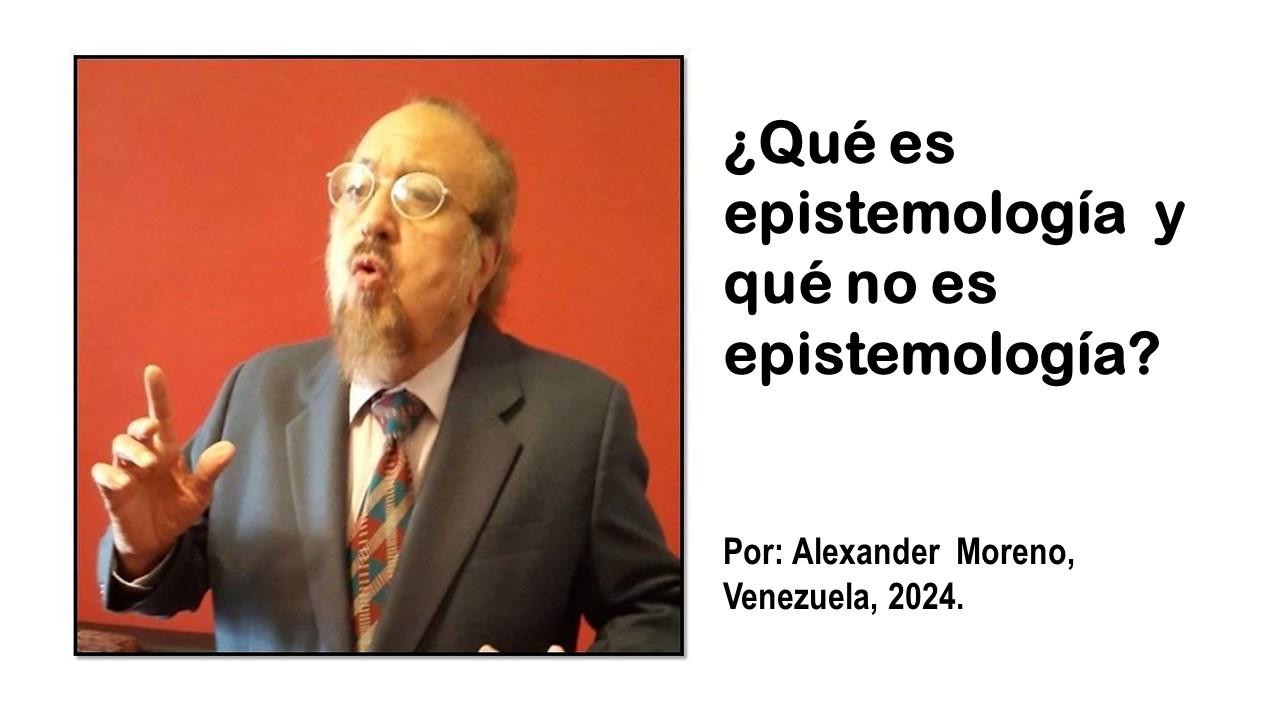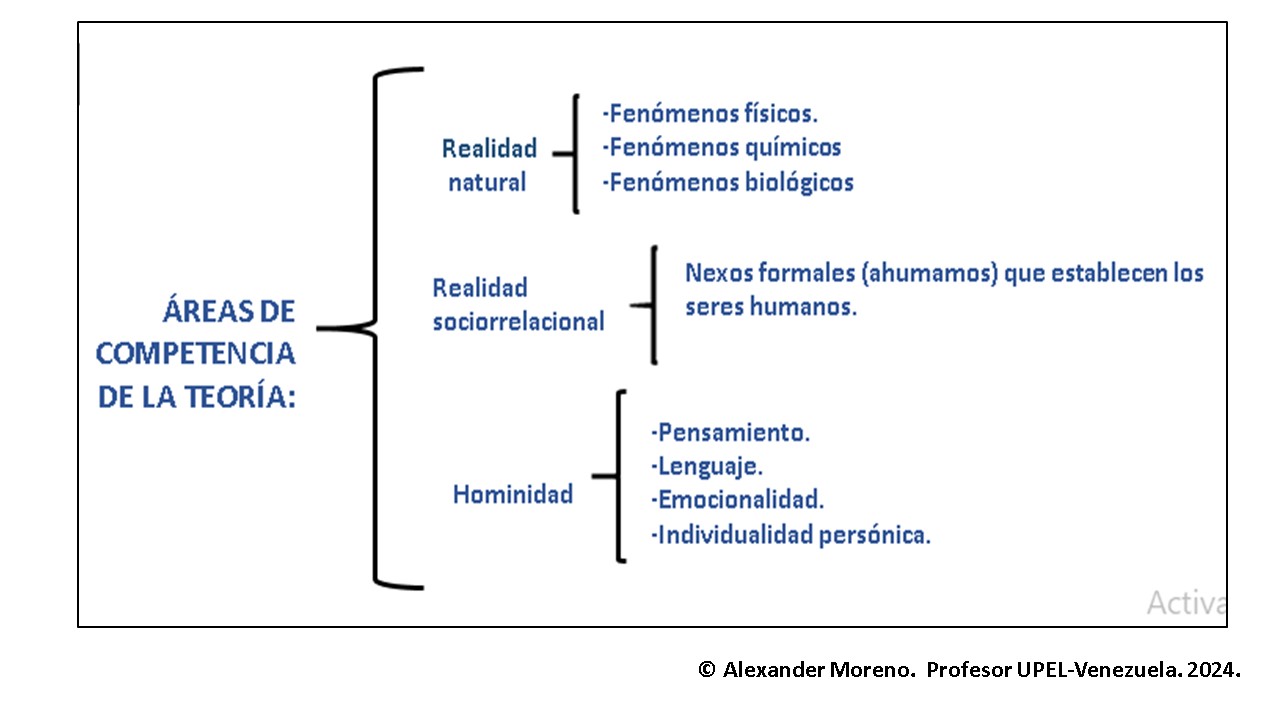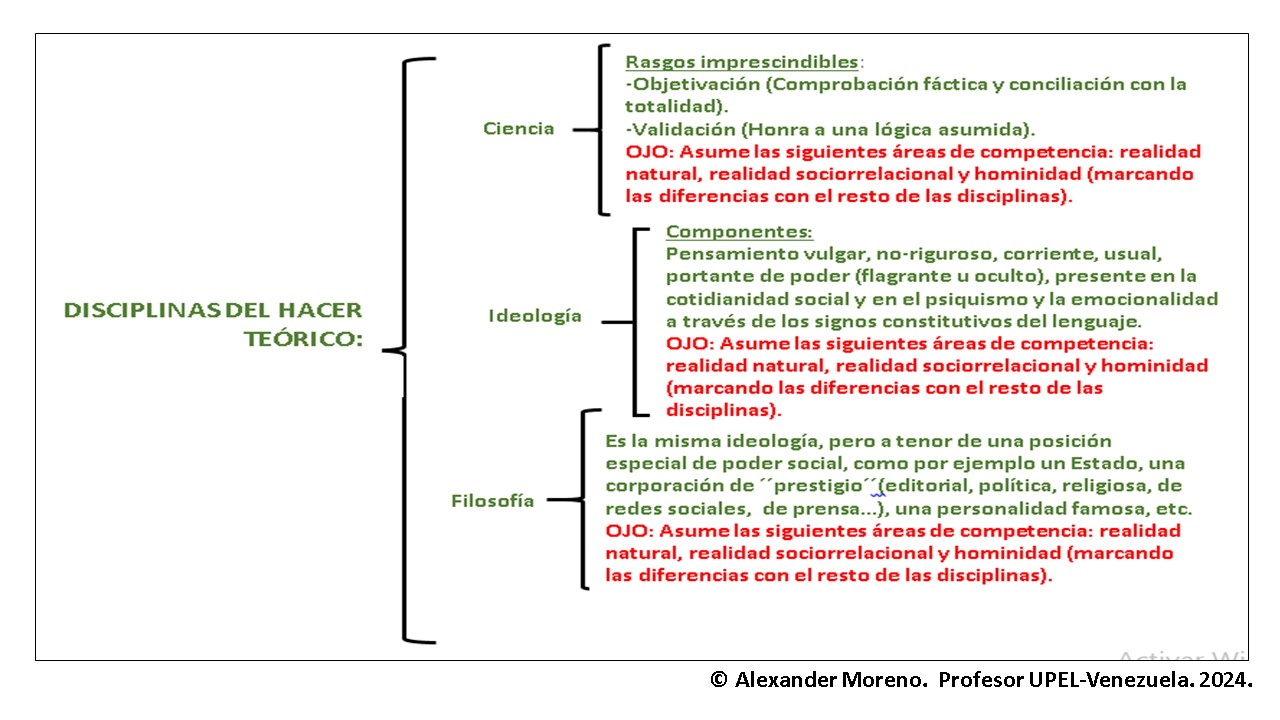
Al pionero de la epistemología en Venezuela, J. R. Núñez Tenorio (1933-1998), mi maestro, dedico. También dedico a Fidias Arias Odón y Pablo Vicente Ojeda, dos fervientes productores intelectuales latinoamericanos, presentes en la red.
To the pioneer of epistemology in Venezuela, J. R. Núñez Tenorio (1933-1998), my teacher, I dedicate. I also dedicate to Fidias Árias Odón and Pablo Vicente Ojeda, two fervent Latin American intellectual producers, present on the network.
Ocurre con asiduidad que el término "epistemología" es tratado a punta de todo género de ambigüedades; también de errores. Incluso en el medio académico (universitario, editorial, etc.) eso suele ocurrir. Un caso emblemático de ello es que a un afamado epistemólogo argentino (fallecido hace poco) se le ocurrió permitir que los publicistas que diseñaron la cubierta de uno de sus buenos libros, decidieran que allí aparecieran, aparte del justo, oportuno y preciso sustantivo "epistemología", el desgraciado epíteto ... "ciencia de la ciencia". Ello, a más de uno de los amantes de esa disciplina filosófica (¡mas no científica!) los zampó en la más pandemónica de las confusiones. Es que la epistemología, en tanto filosofía de algunos problemas compenetrados con la ciencia, es opinión, es cavilación, es especulación, es crítica... ¡Filosofía al fin (aunque su tema sea, ciertos asuntos de la investigación y de la exposición científicas!).
El presente post trata precisamente ese tema del uso disparatado de la categoría gnoseológica "epistemología".
It often happens that the term "epistemology" is treated with all kinds of ambiguities; also of errors. Even in the academic environment (university, publishing, etc.) this usually happens. An emblematic case of this is that a famous Argentine epistemologist (recently deceased) had the idea of allowing the publicists who designed the cover of one of his good books to decide that, apart from the fair, timely and precise noun "epistemology", ", the unfortunate epithet ... "science of science." This, for more than one of the lovers of that philosophical (but not scientific!) discipline, was plunged into the most pandemonic of confusions. It is that epistemology, as the philosophy of some problems intertwined with science, is opinion, it is musing, it is speculation, it is criticism... Philosophy at the end (although its subject is certain matters of scientific research and exposition). This post deals precisely with that issue of the crazy use of the epistemological category "epistemology".
Both philosophy and science and the so-called “vulgar thought” (ideology) are the three disciplines of theoretical work which assume in common, although each with its differential methods and results, the following areas of competence: reality natural, socio-relational reality and hominity. The aforementioned areas of competence that philosophy, “vulgar thought” (ideology) and science assume in common, taking into account their differences, are -we reiterate-: natural reality, socio-relational reality and hominity. We reiterate... the areas of competence that science, ideology and philosophy differentially assume are the same, but with the methodological and expository differences typical of each of these theoretical disciplines!
-Natural reality (as an area of competence of theoretical work) is made up of physical phenomena, chemical phenomena and biological phenomena.
-The socio-relational reality (as an area of competence of theoretical work) is made up of the formal links that human beings draw to develop as a society and thus be able to survive. They are human connections that human beings make in order to live. We could bring up numerous examples. Those related to military, labor, and material production are very clear. Here is a very simple example of this… A simple purchase-sale operation; Yeah. A commercial operation x, ye or zeta. In any commercial operation, the decision-maker is not Pedro, Josefa or Fernando; The deciding factor is the exchange of goods (or services) and money. Another somewhat less simple example... Namely, a specific mode of production at a specific historical moment. We know that the modes of production change through becoming. The relational rules of the game of the agents of material production consubstantiated with the feudalist mode of production, for example, were different from the relational rules of the game of the agents of material production consubstantiated with the capitalist mode of production. In the modes of production, what decides is not María, Ana María or José; What decides is the objective, human, systemic model of material production. These systemic relations of social relationship, therefore, make up the third (of four) area of competence of theoretical work.
-Homininity (as an area of competence of theoretical doing) is integrated by thought, language, emotionality and personal individuality. We include personic individuality (or personality) given that it embodies the human being as he or she is; that is, as an individual entity complexly determined by natural and socio-relational realities; all of this in historical and even biographical terms – passing to some degree through what they call “free will” -.

In this table written in Spanish, we can see the title "Areas of competence of the theory." 3 areas emerge; the first is "Natural Reality", the second, "Socio-relational Reality" and the third, "Homininity". From the first, 3 elements emerge... "Physical phenomena", "Chemical phenomena" and "Biological phenomena". From the second area, the factor "Formal links (we smoke) established by human beings" emerges. From the third area, 4 elements emerge... "Thought", "Language", "Emotionality" and "Personal Individuality".

In this table written in Spanish, we can notice the title "Disciplines of theoretical doing." 3 disciplines emerge; the first is "Science", the second, "Ideology" and the third, "Philosophy". From the first (Science) emerge 2 "Essential Features" which are "Objectification" (which is related to verification in research) and "Validation" (which is related to logic - especially in the exposition). of the results-)From the second area, the factor "Formal links (we smoke) established by human beings" emerges. From the third area, 4 elements emerge... "Thought", "Language", "Emotionality" and "Personal Individuality". Of the second of the disciplines (Ideology), the table describes the matter like this: "Vulgar, non-rigorous, current, usual thinking, bearer of power (flagrant or hidden), present in the social everyday life and in the psyche and emotionality through the constitutive signs of language". Regarding the third of the disciplines with which the painting deals (Philosophy), it expresses the following: "It is the same ideology, but in accordance with a special position of social power, such as a State, a "prestige" corporation (editorial, political, religious, social networks, press...), a famous personality, etc." Well It is worth adding that the table in question states that the 3 disciplines carry with them different models of addressing the issues.
We reiterate that epistemology is not science. It's not science. Epistemology is critical theory of some issues interwoven with science; not all science. There are aspects of science, such as, for example, the problem of ethical and aesthetic values that move in the scientific context, which are not of epistemological competence, but of "axcienticiatica" competence (that is, of the philosophy of what is worthy). e of the unworthy –ethical aspect- and the beautiful and the ugly –aesthetic aspect-; both matters, in the field of scientific work). What epistemology is interested in are the problems involved with the objectivity of science (the investigative work, the methods, the criteria of scientificity...) with the rationality of science (especially, the logic in the exposition) and with the knots that emerge in terms of classifications of scientific knowledge (taxonomies, hierarchical criteria, etc.). That is the field of epistemology!
Una primera y necesaria posdata (de dos): / A first and necessary postscript (of two)::
We allow ourselves to bring up knowledge which is highly relevant to the topic of this post. It is the following:
We have expressed here that philosophy shares (in differentiality) with the rest of the disciplines of theoretical work, the theme of hominity, and within this, a specific theme which, for the case at hand, embodies enormous relevance. . This specific topic is thought, knowledge, ideas. Good. The embrace that philosophy exerts on this specific topic, knowledge, is called: epistemology. Gnoseology is the arm that philosophy has in matters of knowledge in general (as one of the constitutive elements of humanity. Gnoseology, it is worth repeating, is the philosophy of knowledge in general, be it scientific, ideological or philosophical itself.
When epistemology deals with scientific knowledge, it is called "cienciática". When epistemology deals with ideological knowledge, it is called, without further ado, ideology. When epistemology deals with philosophical knowledge it is called metatheory.
Viewed in this way, "cienciática" is philosophy of science in general; But epistemology is a subsidiary of "cienciática", which deals with issues linked to the objectivity of science, the rationality of science and the classification of science. "Cienciática" is much more general than epistemology. There are problematic issues of scientific events, as we have already pointed out, that are of scientific competence, but not epistemological. We repeat... the ethical and aesthetic knots embedded in "cienciática" praxis are clear examples of scientific competence; but not epistemological.
Una segunda y última (también necesaria) posdata: / A second and last (also necessary) postscript:
Epistemology is, therefore, the branch of philosophy (in its gnoseological and "cienciática" expressions) that assumes, in its own speculative and critical condition, some scientific objects, such as objectification, rationality and taxonomies.

Congratulations @alexandermoreno! You received a personal badge!
You can view your badges on your board and compare yourself to others in the Ranking
Check out our last posts: